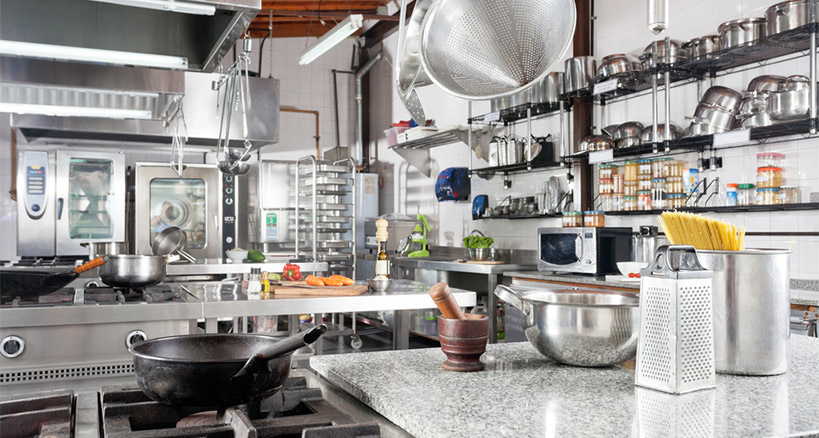
The restaurant industry as we know it has come to unprecedented stand still due to the global crisis of the coronavirus. Otherwise known as COVID-19 or ‘corona,’ it will surely be infamously recorded in the annuls of time as one of the most epic and devastating pandemics the world has ever experienced. Yet, although it is affecting every continent, country, and industry, everyone is doing their best to not only survive but to thrive in spite of the odds with the hope and prayer that the crisis will soon end and that order and prosperity will be restored.
Cater to Your Customers
So, what can you do, as a foodservice professional, to keep your business alive despite corona? And more importantly: Is there a way to continue to connect with your customers and even foster relationships while your brick-and-mortar eatery is shut down? The answer, fortunately, is a resounding YES.
Ironically, during this very time of imposed isolation that restricts the public from traveling, interacting, and eating out, there has never been a more opportune time to show customers that you care by making concerted efforts to connect with them and even cater to their needs. You were granted time now, time you never thought you would have, to tap into your creative juices and take your restaurant’s customer service level to new heights and earn some major, long-lasting loyalty points in return.
Read on as we share some of our suggestions to help you stir your own creative culinary juices.
Continue reading How to Show Your Customers You Care During the Corona Crisis



